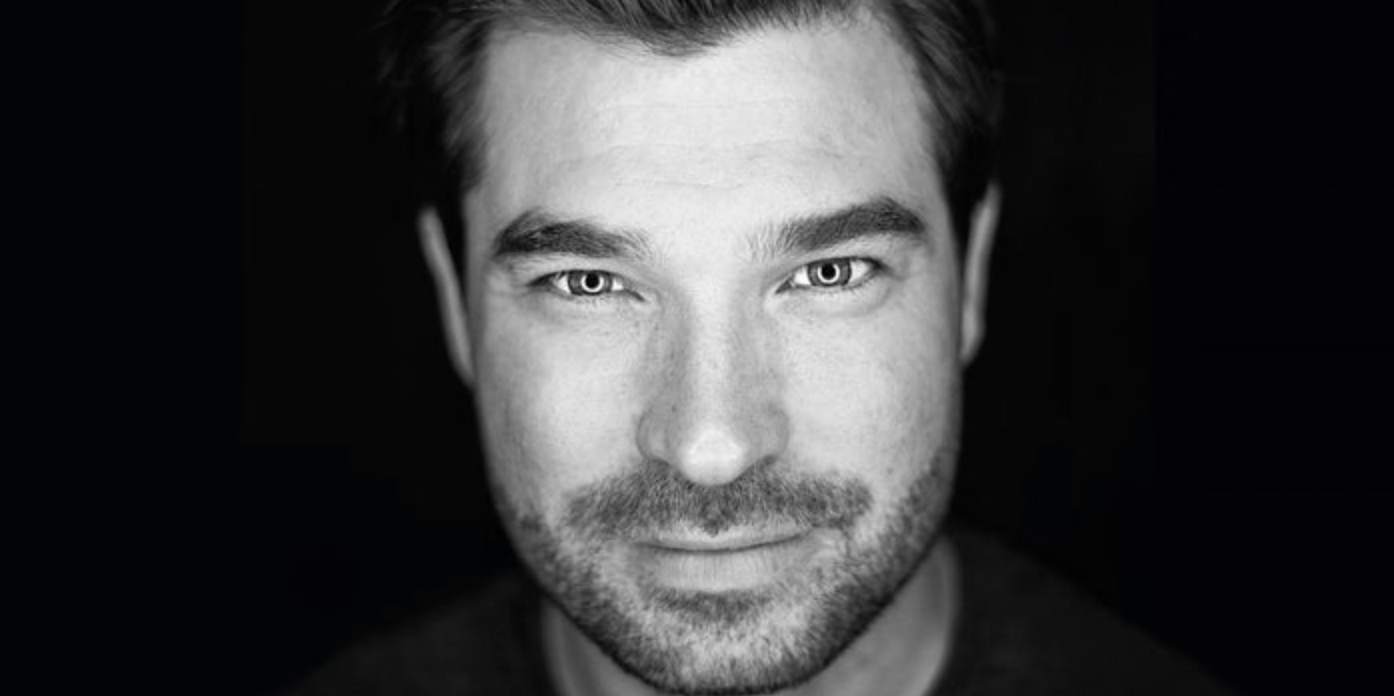Brian Cristiano shares his inspiring story of success, and the lessons he learned when faced with adversity

Brian Cristiano, founder and CEO of BOLD Worldwide, got his first job when he was 15 years old, working as a busboy at a restaurant in the Hamptons. His goal was to save enough money to buy a video camera. At 16 years old, he used that camera to shoot a skate video that he sold for over $40,000. Not a bad start! But as he’ll detail in our interview, he’d eventually experience many of the ups and downs that are associated with entrepreneurship.
Today Brian is the founder and CEO of BOLD Worldwide and is also the executive producer and subject matter for the docu-series, Growing BOLD. Brian shared his journey from a kid with a camera to working with such prominent brands as PepsiCo, UFC Gym, Jennifer Lopez and Alex Rodriguez, and the lessons he’s learned along the way.
Learning the hard way
“My entrepreneurial spirit was always strong but I didn’t come from a background of business and had no one to learn from. I made some really big mistakes in my first company and nearly drove the business and myself to bankruptcy. I was a quarter million in debt, loaning out my apartment to strangers and sleeping on the couch to make rent. I hit that point where I felt it was the end and was floating on the mix of freedom and hysteria that sneaks up on you when you know you truly have nothing left to lose. I could have laid down and died. I could have become a passive observer to the end of my life as I had known it, but something deep down inside me refused to accept that option. So I fought back.”
Taking control
“I started reading self-help books, went to seminars, and realized I was the one completely in control of the outcome, and that I had done this to myself. I had decided to fight instead of fail, to do instead of die. I had to accept and own the fact that I was the root of all my problems, and I had to cobble together a work ethic to match my new revelation. So I pushed, I hustled, and I worked with the knowledge that I could fail and lose everything. Success wasn’t assured. I climbed out of debt and towards my first million dollars. If I could cause my own demise, I could also achieve my own rise. And I want to pass that message on.”
Do what’s possible
“Everyone wants success, and yet so many people are holding themselves back. They don’t give themselves permission to follow their dreams. They get stuck when they hit a roadblock. Everyone has more to give, they just don’t know it. They need to maintain a mindset of doing what’s possible, even doing what’s impossible if they really want to succeed. Being an entrepreneur is seductive. A lot of people aspire to build something from scratch but they don’t have the mental stamina to stay with it when things get hard, and sometimes they can’t even imagine what’s really possible. My own success has surprised me at times, not because I didn’t think I could do it, but that I was able to attain more than I thought possible.”
BOLD University
“Most companies struggle with slow growth, uncertainty around what strategy to implement first and lots of ideas, but a lack of resource or time to accomplish them. To solve these problems, you need two things: 1. Access to real professionals that have been in your shoes before, have seen it all and can advise you. And 2. A playbook that will show you how to focus on the tactics that will have the biggest impact. This is why we created BOLD University, to give access to world-class business professionals in a full-day workshop environment where you get to actually see the strategies, principles, and tools they have used to create massively successful companies and brands.”
The future of entrepreneurship
“We are living through a time right now where anyone can slap “entrepreneur” on their LinkedIn bio and lease a car they can’t afford and pretend to play the game. That will change. It’s cool right now, but the hard work isn’t cool — it’s work. I think the future is where people realize that they have to create an enormous amount of tangible value in order to grow a business.”
This article was written by Terry Rice, and originally appeared on Entrepreneur.com




